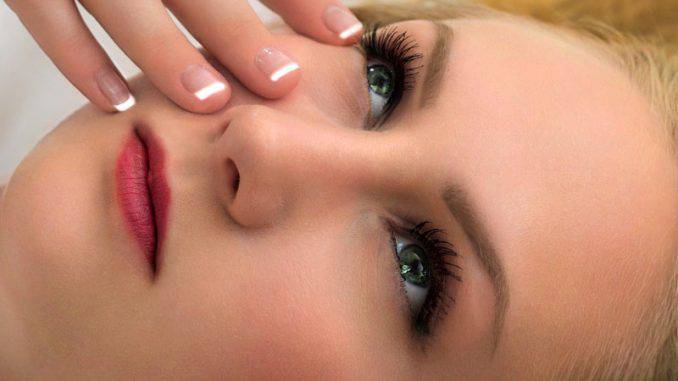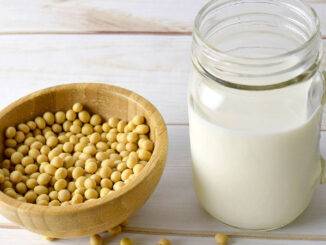
Kefir is much more than a healthy drink! Besides the myriad of beneficial effects on your gut microflora, Kefir can also positively affect lots of skin problems such as acne, rosacea, atopic dermatitis, and many others.
The reason is that Kefir introduces probiotic bacteria into the gastrointestinal tract, thus creating a barrier to inflammatory processes, which inevitably have healing effects on the skin.
The so-called “Kefir skin” is actually a healthy, smooth, and young-looking skin, achieved through the long-term intake of a specific combination of beneficial bacteria, biotin, and minerals contained in Kefir.
The “Kefir skin” is essentially connected to the equalization of the complexion and smoothing of the skin’s turgor naturally through the amino acids, vitamins, and probiotics contained in natural Kefir.
Most skin problems are not skin conditions.
Scientists recently discovered that many skin problems and diseases are not skin conditions but autoimmune conditions.
Just like the gut, the skin is also a part of our immune system, and they both are our body’s barriers to the “external world.” This is where the body defends itself from external pathogens, and where our immune system kicks in.
Many skin diseases like eczema, rosacea, and psoriasis are immune system disorders. Acne is also increasingly considered an autoimmune disorder and most autoimmune disorders are directly connected to damage in the gut’s microbiome.
Hence, the logical way to treat such disorders is by treating the gut’s microbiome, feeding it to keep it healthy and balanced, or, in other words, providing it with probiotics.
What skin problems can be alleviated with Kefir?
Kefir contains probiotics, which are beneficial bacteria that can help improve the health of the gut and may have a positive impact on various skin problems. While Kefir is not a definitive cure for any skin problem, it may help improve certain symptoms. Here are a few skin problems that may benefit from Kefir:
- Acne: Some studies have suggested that probiotics may help reduce inflammation and improve acne. Applying kefir directly to the skin as a face mask or consuming kefir may help reduce acne symptoms.
- Eczema: Eczema is a chronic skin condition characterized by red, itchy, and inflamed skin. Some studies suggest that consuming probiotics, such as those found in kefir, may help reduce eczema symptoms.
- Rosacea: Rosacea is a chronic skin condition that causes redness, swelling, and sometimes pimples on the face. While the exact cause of rosacea is unknown, some research suggests that probiotics may help improve rosacea symptoms.
It’s important to note that while kefir may be beneficial for certain skin conditions, it’s always best to consult with a healthcare professional before making any changes to your diet or skincare routine.
Direct skin application of Kefir
Besides being an excellent probiotic food, we can also apply Kefir locally, directly to the skin. Cosmetologists usually recommend the combined use of Kefir – for internal use (consumption) and in the composition of face masks and body lotions.
Here are three types of masks with Kefir that will have a beneficial effect on your skin:
To shrink enlarged pores
- 1 tsp honey,
- 1 egg white,
- 3 tsp. natural Kefir
Mix the ingredients and apply them on a clean face for 15 minutes. Then wash with lukewarm water and apply moisturizer.
Nourishing mask for a radiant skin
This mask is mainly for the treatment of oily skin.
- 50 g of natural Kefir,
- 1 tbsp. honey,
- 1 tbsp. cottage cheese
- The juice of half a lemon.
A creamy texture should be obtained. Cleanse the face with a tonic and apply the mask, avoiding the area around the eyes.
Leave on for at least 15 minutes and rinse thoroughly with lukewarm water. Your skin will glow.
Peeling mask with Kefir and sea salt
- 330 ml of natural Kefir
- 20 grams of fine sea salt
Mix the two ingredients well and apply in a circular motion on the skin of your face and body, removing all dead cells and strengthening blood circulation.
Finally, never forget that consumption of Kefir, in the long run, is not only associated with improved skin and hair quality, excellent cardiovascular health, and immunity but, more importantly, with the suppression of the desire to consume unhealthy foods.



